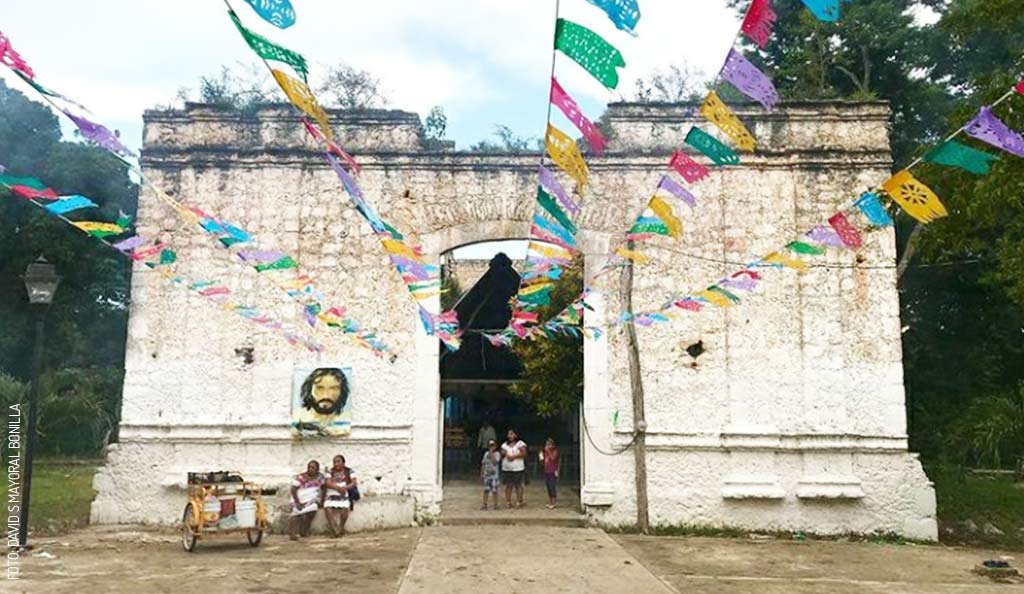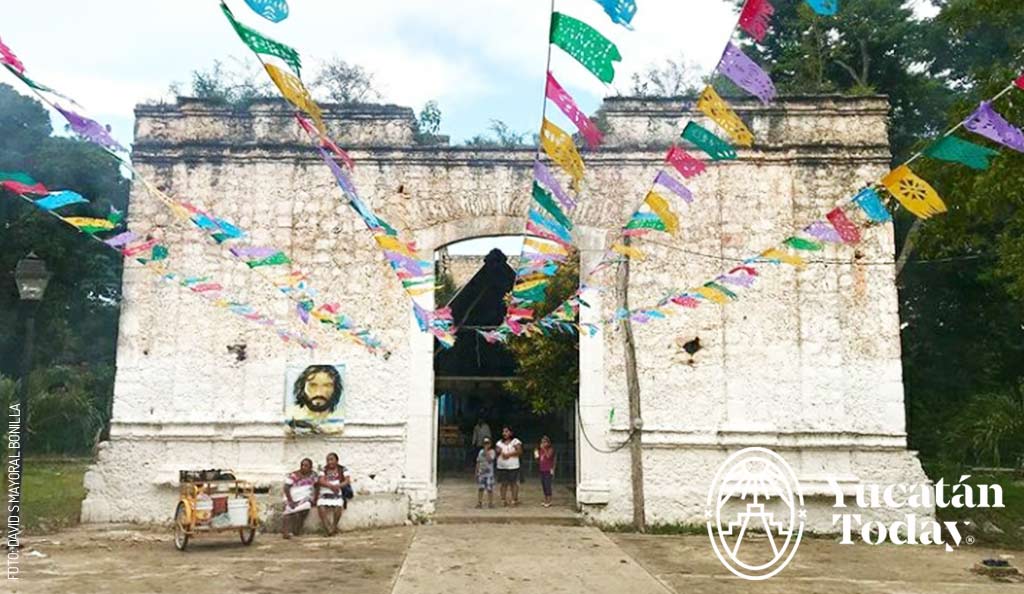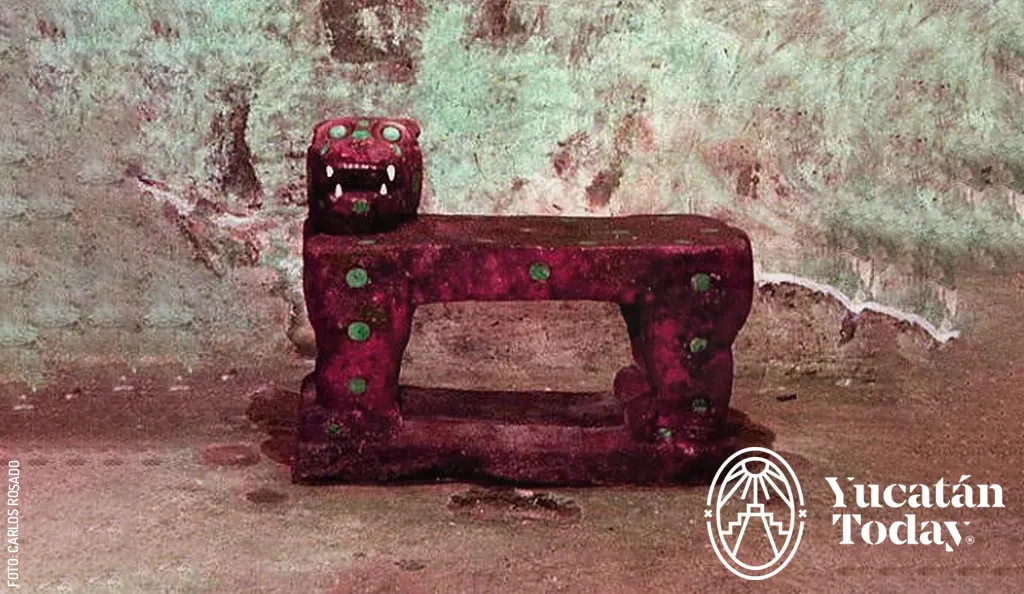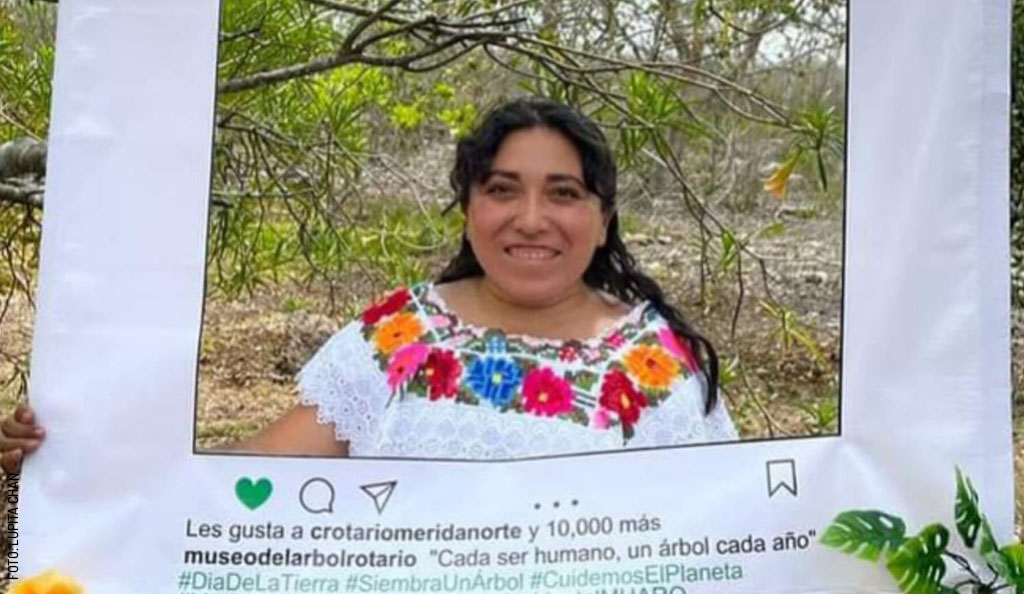
A Bleeding Prophecy: The Book of Xocén
Read me. Find me, and read me, as I'm lost. In me everything is written: what the world is like, how things are made, and how everything you know and don't will end. I am the book chosen to be lost from the hands of the Maya people.
The book in question is not just any book. It measures one meter per side, and it is said to be living, for it opens at will, and can only be turned to a specific page each day (or year, according to other versions). If anyone tried to turn the page, the book would bleed.
This is how the elders described it: the sacred book, the book of prophecies, or the living Book of Xocén (Xo'oken), the little town in the municipality of Valladolid, Yucatán. It is also the name of something lost: the volume containing the complete knowledge of the cosmos was last seen between 1880 and 1945.
What we know about the Book of Xocen
Like its appearance and whereabouts, its origin is unknown. Some say that this Maya sacred book was found one day at the foot of the Santa Cruz Tun (“Holy Stone Cross,” as “tun” means stone in Maya), and later lost in the Maya villa of Zací, also in Valladolid. According to legend, a hunter came across the stone cross, at the base of which the massive book waited, open. The wild animals sang to its pages in adoration. This was the time before humans knew about it.
In 1990, then President Carlos Salinas de Gortari visited Xocén when promoting his flagship aid program, Solidaridad. Xocén locals’ most urgent need, according to the List of Projects Requested to the President of the Republic, was for help to find the living book, lost since the 19th century. The petition was accepted; however, the whereabouts of the living Book of Xocén are still a mystery.
A state search committee was formed, but no progress was ever made. Some believe that, at the end of the 19th century, the book had been lent to the Maya rebels of Chichimilá during the Caste War.
Theories on the Book of Xocen's whereabouts
Later, in 1943, the book was seen during the celebration of the 400th anniversary of the founding of Valladolid. It is said that people from Mérida arrived to take the book to México City. Yet some others believe that the book is being held in a university in the United States.
This is how, believers in this theory say, Americans “manage to invent everything.” Some in Xocén swear that they have seen photocopies of the sacred pages. A more detailed report can be found in “Breve reseña del pueblo de Xocén, ‘El Centro del Mundo,’” a book by Andrés Dzib May and Fulgencio Noh Dzib. 
Yet no one knows where to find the book of prophecy. There have been different reconstructions of its history, all leading nowhere. One of the most recent is titled “Elucubraciones sobre el posible paradero del libro vivo de Xocén,” written by Teatro Ojo. If you’re looking to learn how the book relates to the end of the world, war, and uprisings by Maya people in search of their lost sovereignty, you’ll find their three audiovisual acts online for free: yuc.today/TeatroOjo Héctor Bourges, Teatro Ojo's director, allows himself some speculation: the “book” could refer to something different than a set of bounded pages. The living book could be a landscape, a codex, an opportunity to think again about everything we’ve known from the beginning. What could contain everything, but also bleed? In his words, the “book” could be the people of Xocén themselves.
Nature hides in plain sight. The power to discover it is the living word. In any case, if you come across the sacred book during your journey, please, let us know.

Author: David S. Mayoral
Dave Mayoral (1998) believes that it is difficult to write in the third person without laughing while trying, but his training in Modern Language and Literature, History of Contemporary Art and Cultural Management usually helps him a lot...
Receive the latest articles and much more from the best of Yucatán in your email!
Related articles

Objects Have Always Spoken to Us: The Talking Cross
The Talking Cross, a mystical object that served as a banner for the Maya population during the Yucatán Caste War.
Symbolism, Myth, and Power: The Role of Animals in Maya Life
The role of animals in Maya life as a source of goods such as meat, feathers, hides, and great religious, mythological, and symbolic importance




